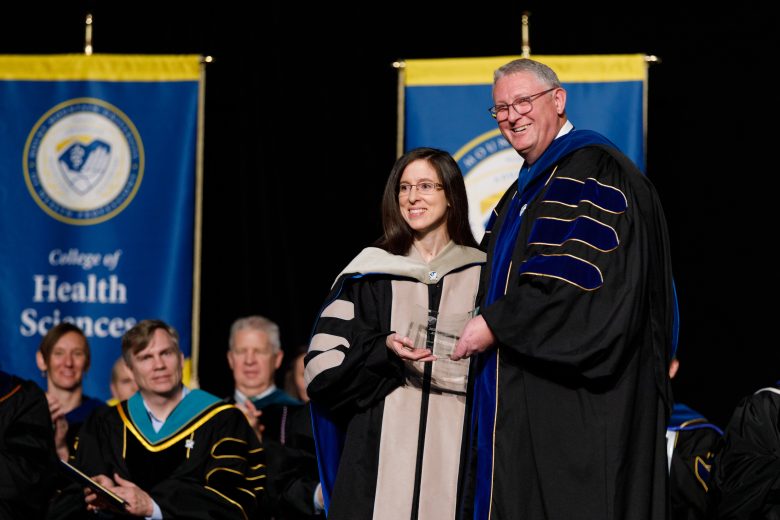On Monday, January 18th, we take time to celebrate the life and accomplishments of the Rev. Dr. Martin Luther King, Jr. Born on January 15, 1929, Martin Luther King, Jr., began as a pastor in Montgomery, Alabama and was later a pivotal leader in the civil rights movement. He gave over twenty-five hundred speeches, wrote five books, and numerous articles to help draw attention to the injustice of the times and to call all to action. Dr. King was awarded the Nobel Peace Prize in 1964, and still is the youngest man to ever have received this prize.
Rev. Dr. King exhibited extraordinary oratory skills, as most of us are well aware, but some of his most profound speeches were offered in the form of sermons. As we grapple with the unrest and division exhibited earlier this month, we can find comfort and strength in the words of Dr. King delivered in 1954 from the sermon titled “Going Forward by Going Backward”:
My friends, if our civilization is to go forward today, we must go back and pick up those precious moral values that we have left behind. And unless we go backward to rediscover these moral and spiritual values, we will certainly not move forward to the city of peace and happiness…It’s wrong to be dishonest and unjust; it’s wrong to use your brother as a means to an end; it’s wrong to waste the precious life that God has given you in riotous [sic] living, it is eternally and absolutely wrong; it’s wrong to hate, it always has been wrong and it always will be wrong…
This federal holiday was intended to be commemorated with selfless service, just as Rev. Dr. King exemplified his entire life. In an effort to move forward together, please take this opportunity to connect with, serve, and improve the lives of others in your communities.
MLK Day Legacy from AmeriCorps: https://youtu.be/qg2aQh_Ln0Y
Authors: Dr. Michelle Webb, Ray Rodriguez, Morgan Louie, and Schnieders
Quote Source:
The Papers of Martin Luther King, Jr. Vol. 6, Advocate of the Social Gospel, September 1948 – March 1963. Edited by Clayborne Carson, Berkeley, CA: University of California Press, 1992.



